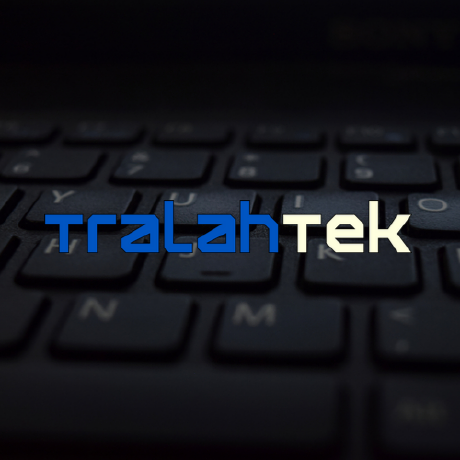Tralah M Brian
I am a Programmer, Academic Writer, come Data Scientist with a background in Mathematics and Computer Science.
I design and engineer software systems across a wide range of business domains from Finance, Healthcare, Entertainment, to Academic.
Re-engineering IT systems to Service-Oriented Architectures that preserve existing legacy assets to simplify integration between various internal and external systems forms a major part of my work.
Designing, writing, and testing algorithms also forms a major part of my job besides maintaining and refactoring existing code bases, leading a development team and attending management and client meetings.
I love Open Source and the philosophy of community driven software development and also contribute to Open Source projects whenever I can.
I believe in collaboration in problem solving and its merits in yielding effective and scalable solutions.
It gives me great joy to be able to take seemingly not very useful data and extract actionable insights and tell a story thereof.
The Programmers Oath and Code of Conduct
The Premise for the Need of a body of Ethics
Society does not yet understand just how dependent it is on software.
The point at which they will is when something bad happens, probably some programmer does something stupid and gets people killed.
When the event occurs,politician will rise and try to do something about it, probably some regulation, i.e legislate. Tell us what languages we have to use, what frameworks we have to use, what books we must read, what certifications we will require.
In order to be prepared for this eventuality we need a set of ethics, codes of conduct, a professional ethic. It is what the doctors,engineers, et.al professionals did.
The Oath:
In order to defend and honor the profession of computer programming I promise that:
-
I will not produce harmful code.
-
The code that I produce will alway be my best work.
-
I will provide with each release a quick, sure, and repeatable proof that every element of the code works as it supposed to.
-
I will make frequent small releases, I will not impede progress.
-
I will fearlessly and relentlessly improve the code at every opportunity, I will never make the code worse.
-
I will keep productivity mine and that of my team high, I will do nothing that decreases that productivity.
-
I will continuously ensure that others can cover for me and that I can cover for them.
-
I will produce estimates that are honest both in magnitude and precision, I will not make promises without certainty.
-
I will never stop learning and improving my craft.
Writing clean code is what you must do in order to call yourself a professional.There is no reasonable excuse for doing anything less than your best.
Academic Fêtes
|
Applied Data Science with Python from IBM (June 2018 - August 2018) |
Scala Programming for Data Science Level 1 from IBM |
Data Science Foundations Level 1 from IBM |
Recommended Reading
- The Clean Coder A code of conduct for professional programmers - Robert C Martin
- Clean Code A Handbook of Agile Software Craftsmanship - Robert C Martin
-
Clean Architecture A Craftsman’s Guide to Software Structure and Design - Robert C Martin
- Bad Samaritans - Hajoong Chang
- The Art of War - Sun Tzu
- Quiet: The Power of Introverts in a World That Can’t Stop Talking - Susan Cain
- Your First 100 Million - Dan Pena
- When things fall Apart - Chinua Achebe
- The Elegant Universe - Brian Greene
- 10% Happier - Dan Harris
- Sapiens: A Brief History of Humankind - Yuval Noah Harari
- Homo Deus: A Brief History of Tomorrow - Yuval Noah Harari
- Born a Crime - Trevor Noah
